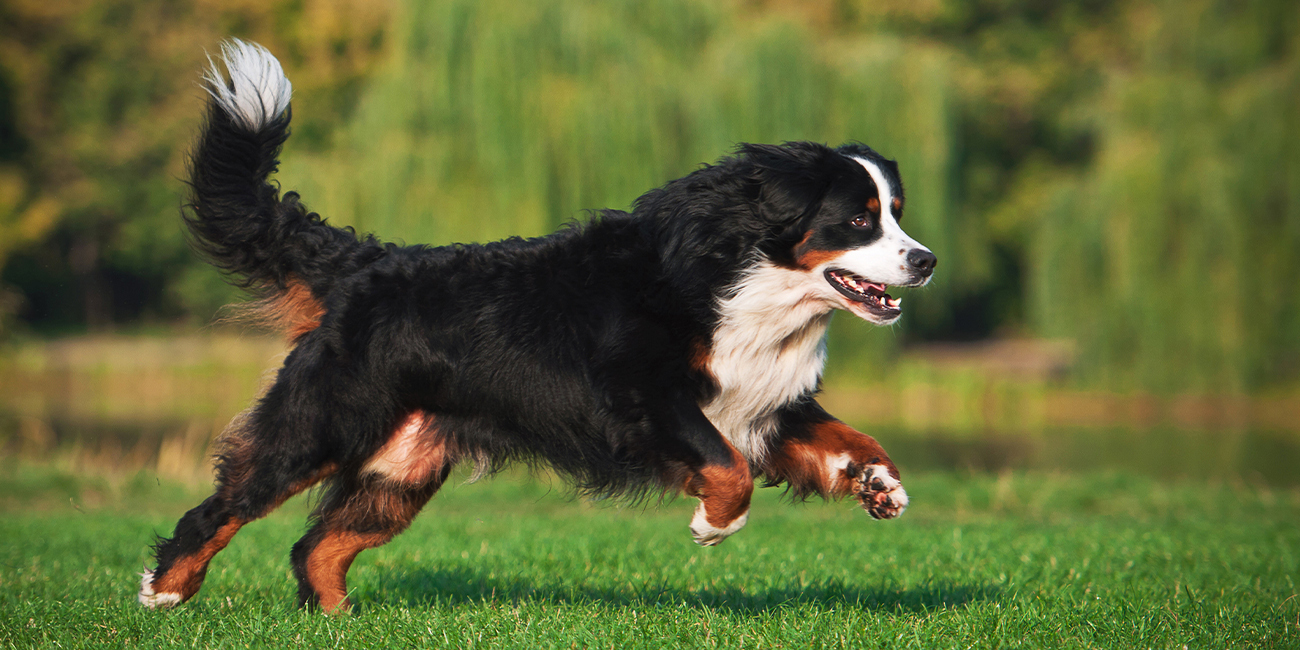Joint Health for Dogs: A Comprehensive Guide
In this article:
As pet owners, we understand that our furry friends bring immense joy and companionship to our lives. However, much like humans, dogs can suffer from joint problems, which may significantly impact their quality of life. It’s important to recognize the subtle signs of joint discomfort in dogs, enabling early detection and management through supplements, exercise, and nutrition.
Early Detection: Spotting the Signs
When it comes to joint health for dogs, prevention and early detection are key. Identifying joint discomfort early can be challenging, as dogs often hide pain and discomfort. Look for subtle changes such as:
- Reluctance to climb stairs or jump
- Noticeable stiffness, especially after resting
- Limping or favoring one leg
- Reduced activity levels or reluctance to play
- Swelling or tenderness around joints
Regular Exercise: Key to Joint Health for Dogs
Regular exercise is crucial for joint care in dogs. It helps keep the joints flexible and the muscles strong, providing better support and reducing the risk of injury. However, it’s essential to tailor the exercise to your dog’s age, breed, and health condition. Avoid excessive high-impact activities, especially for breeds prone to joint issues.
Nutritional Support for Joint Care
Nutrition plays a vital role in joint health for dogs. A balanced diet, rich in essential nutrients, particularly omega-3 fatty acids, can help reduce inflammation and support joint health. Consider incorporating foods rich in these nutrients or using supplements specifically designed for joint care.
Practical Tips for Enhancing Mobility
- Start joint supplements early, especially for breeds prone to joint issues.
- Maintain a healthy weight to reduce stress on joints.
- Provide a comfortable resting area to ease joint pain.
- Consider gentle exercises, like swimming, which are less stressful on joints.
- Schedule regular check-ups with your vet to monitor joint health.
Prevention Is Better Than Cure When It Comes to Your Dog’s Joint Health
Joint health is a vital aspect of your dog’s overall well-being. By being vigilant about the early signs of discomfort and ensuring regular exercise, and providing a balanced diet, you can significantly enhance your pet’s mobility and quality of life. Remember, a proactive approach to joint care can make all the difference for your furry companion.
Joint Health for Dogs: A Comprehensive Guide
As pet owners, we understand that our furry friends bring immense joy and companionship to our lives. However, much like humans, dogs can suffer from joint problems, which may significantly impact their quality of life. It’s important to recognize the subtle signs of joint discomfort in dogs, enabling early detection and management through supplements, exercise, and nutrition.
Early Detection: Spotting the Signs
When it comes to joint health for dogs, prevention and early detection are key. Identifying joint discomfort early can be challenging, as dogs often hide pain and discomfort. Look for subtle changes such as:
- Reluctance to climb stairs or jump
- Noticeable stiffness, especially after resting
- Limping or favoring one leg
- Reduced activity levels or reluctance to play
- Swelling or tenderness around joints
Regular Exercise: Key to Joint Health for Dogs
Regular exercise is crucial for joint care in dogs. It helps keep the joints flexible and the muscles strong, providing better support and reducing the risk of injury. However, it’s essential to tailor the exercise to your dog’s age, breed, and health condition. Avoid excessive high-impact activities, especially for breeds prone to joint issues.
Nutritional Support for Joint Care
Nutrition plays a vital role in joint health for dogs. A balanced diet, rich in essential nutrients, particularly omega-3 fatty acids, can help reduce inflammation and support joint health. Consider incorporating foods rich in these nutrients or using supplements specifically designed for joint care.
Practical Tips for Enhancing Mobility
- Start joint supplements early, especially for breeds prone to joint issues.
- Maintain a healthy weight to reduce stress on joints.
- Provide a comfortable resting area to ease joint pain.
- Consider gentle exercises, like swimming, which are less stressful on joints.
- Schedule regular check-ups with your vet to monitor joint health.
Prevention Is Better Than Cure When It Comes to Your Dog’s Joint Health
Joint health is a vital aspect of your dog’s overall well-being. By being vigilant about the early signs of discomfort and ensuring regular exercise, and providing a balanced diet, you can significantly enhance your pet’s mobility and quality of life. Remember, a proactive approach to joint care can make all the difference for your furry companion.







